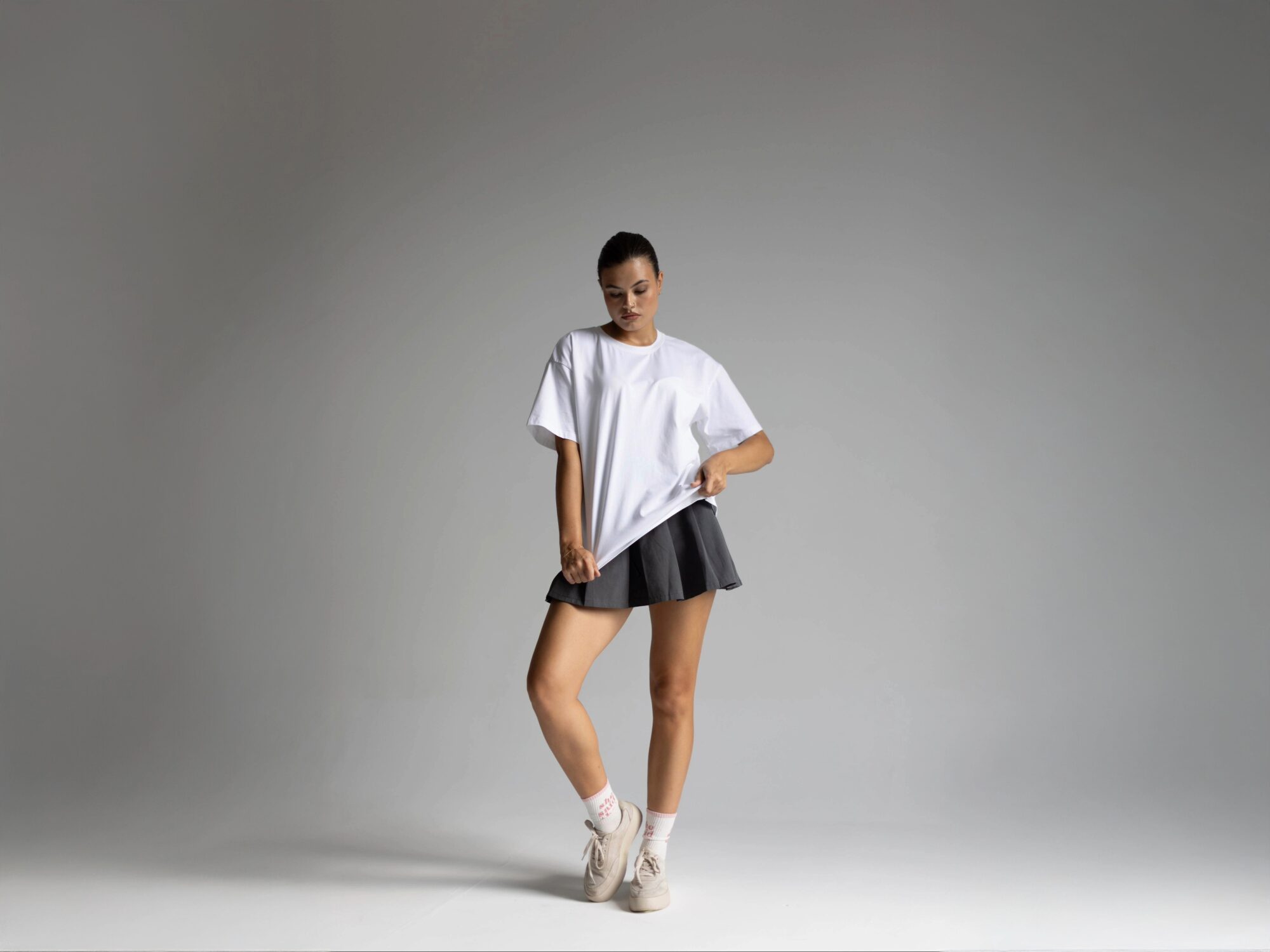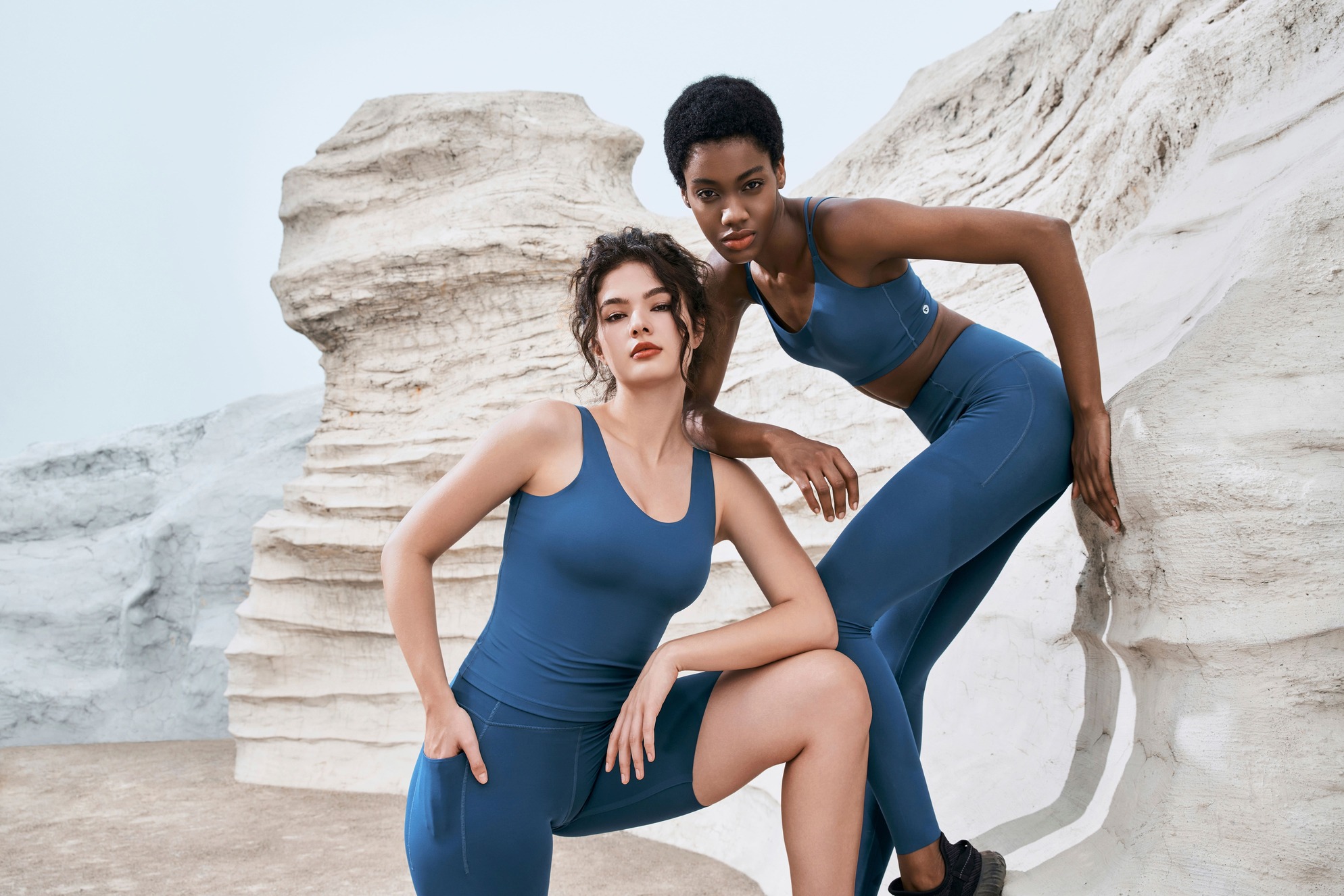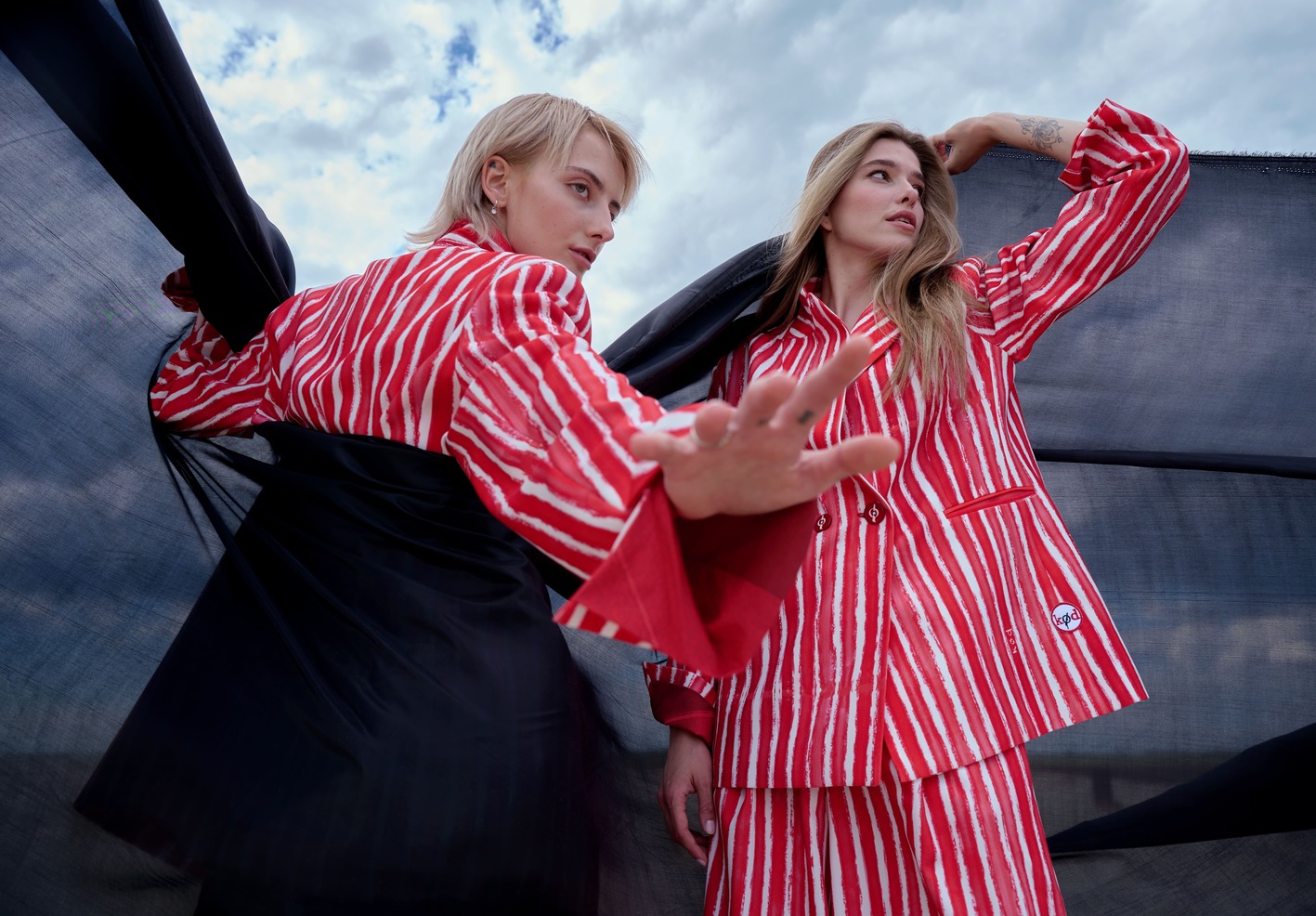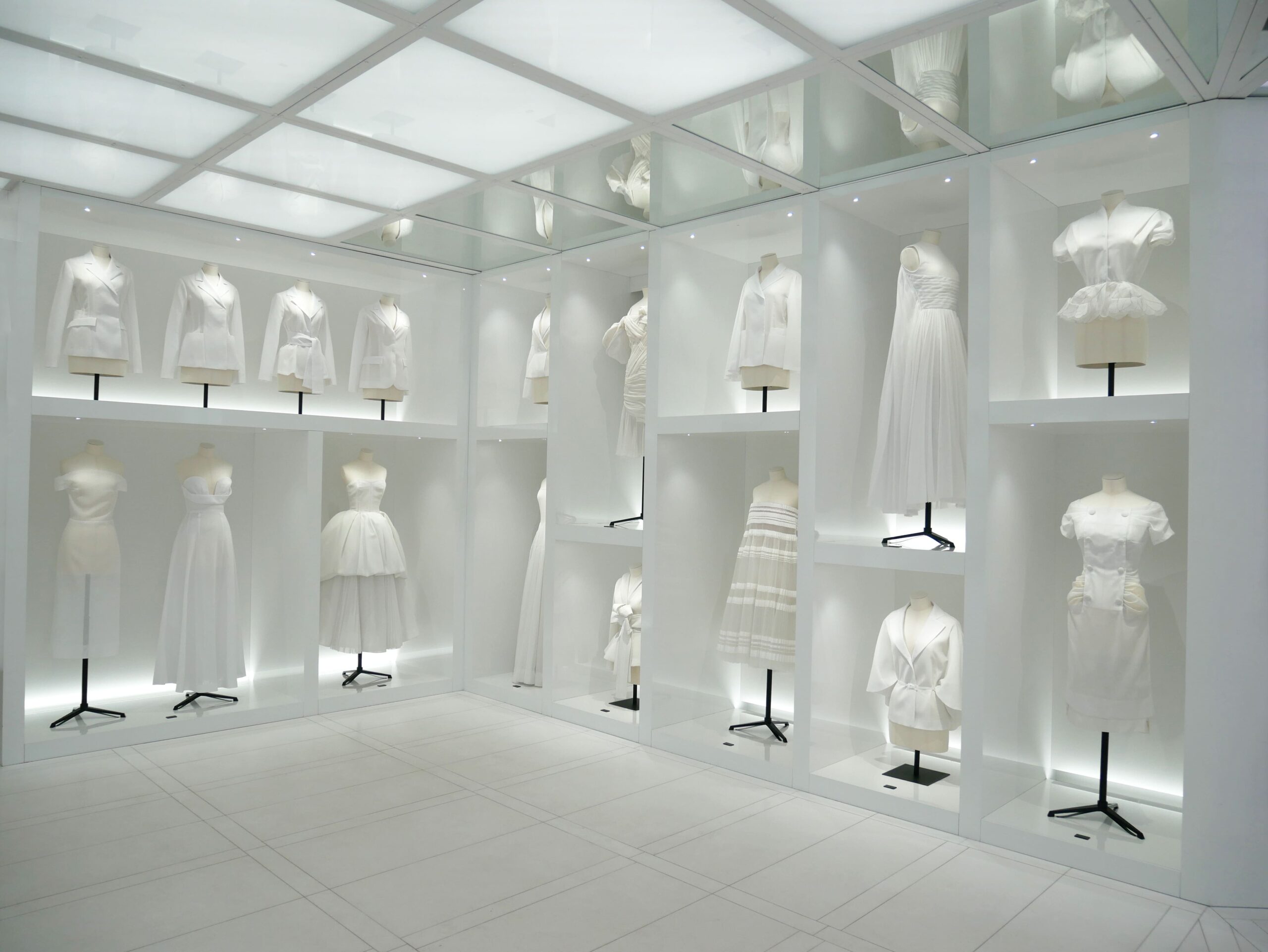March 2025
Hyperpersonalization: Why Fashion E-Commerce Should Embrace It
Ludimila Borderes
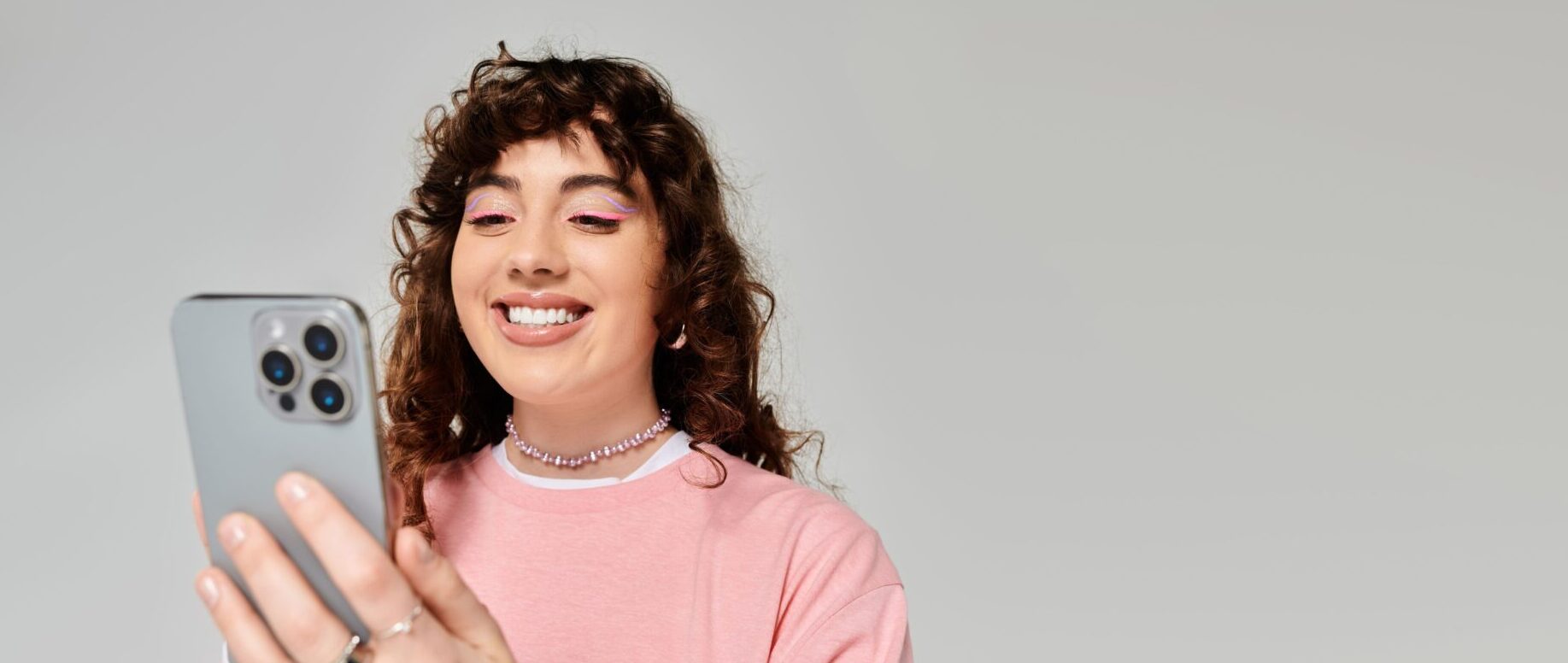
Hyperpersonalization is transforming digital retail by delivering one-of-a-kind experiences to customers.
For fashion e-commerce stores, it’s a powerful strategy to boost sales, build loyalty, and strengthen your brand in an increasingly competitive market. In this post, we’ll break down what hyperpersonalization is, why it matters, and how to implement it effectively in your store.
The Importance of Customer Experience
In the fashion world, customer experience is a major driver of purchase decisions. As online shopping continues to rise, consumers are looking for more relevant and personalized interactions. The solution? Hyperpersonalization.
Unlike basic audience segmentation, hyperpersonalization uses advanced data to create tailor-made experiences for each shopper. But how exactly can your fashion e-commerce business benefit from it? Let’s take a look.
What is Hyperpersonalization?
Hyperpersonalization uses big data, machine learning, and artificial intelligence to deliver real-time, personalized experiences. That means each shopper sees recommendations, offers, and content based on their behavior and preferences.
In fashion, that could mean product suggestions based on purchase history, virtual try-ons, or targeted campaigns. Companies like Amazon and Netshoes already use hyperpersonalization to enhance their customer journey with smart recommendations based on browsing and buying behavior.
And it’s becoming the norm: 71% of consumers expect personalized experiences according to McKinsey & Company.
In addition, tools like virtual fitting rooms are also changing the game by helping shoppers find the right size without trying anything on. This kind of technology reduces returns and boosts customer satisfaction, creating a smoother and more reliable shopping experience.
Why Should You Offer a Hyperpersonalized Experience?
Investing in hyperpersonalization offers several key advantages for fashion e-commerce:
- Higher conversion rates: Personalized recommendations make customers more likely to buy.
- Better user experience: A smooth, relevant journey leads to greater satisfaction and repeat purchases.
- Stronger market positioning: Hyperpersonalization helps your brand stand out from the crowd.
- Increased average order value: Shoppers tend to spend more when they see products aligned with their taste.
How to Implement Hyperpersonalization in Your E-Commerce Store
1. Advanced Segmentation
Start by understanding your audience. Use data like:
- Browsing behavior
- Purchase history
- Style preferences
- Location
- Engagement with past campaigns
With this data, you can create highly targeted campaigns and personalized product suggestions.
2. Personalized Recommendations
AI tools analyze buying patterns and browsing behavior to suggest items that match each customer’s style. Think “You may also like” carousels that are unique to each user.
3. AI Chatbots and Virtual Assistants
Smart chatbots can answer questions, guide purchases, and offer personalized product suggestions in real-time.
4. Omnichannel Integration
Make sure your customers’ experience is consistent across all touchpoints, whether online or offline.
5. Virtual Fitting Room
Tools like virtual try-ons use AI to recommend sizes and styles based on customer data, preferences, and past behavior.
The Benefits of Hyperpersonalization for Fashion E-Commerce
1. Interactive Shopping Experiences
Turn browsing into a dynamic, intuitive experience.
2. Stronger Brand Identity
Personalized experiences create a memorable brand presence.
3. Better Customer Attraction and Retention
Shoppers are more likely to return to stores that understand their tastes and needs.
4. Lower Churn, More Loyalty
Happy customers come back, reducing returns and increasing long-term value.
Investing in hyperpersonalization is an essential strategy for your fashion e-commerce store to be successful. Beyond increasing sales, it improves customer satisfaction and strengthens your brand. If you want to transform your customer experience and stand out in the market, hyperpersonalization is the way to do it. To learn more about applying the strategies we’ve discussed here, visit Fashion Hub and discover the best tools and insights for your business!


